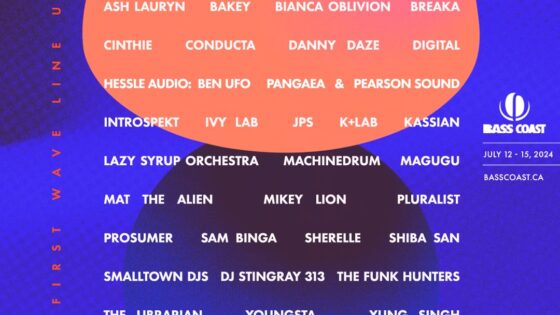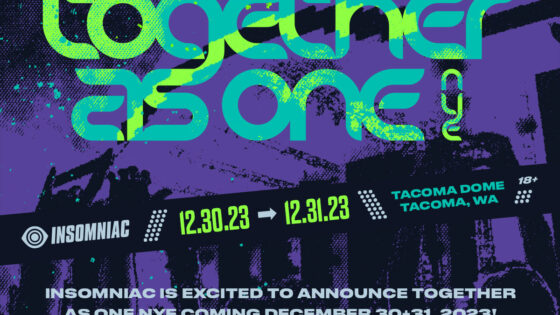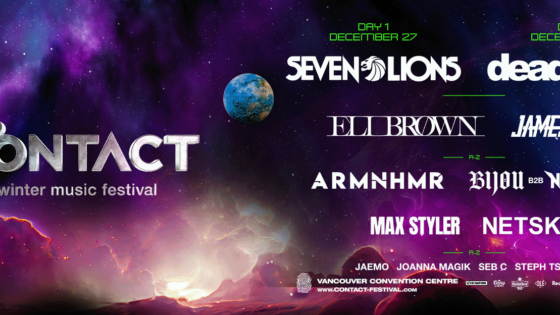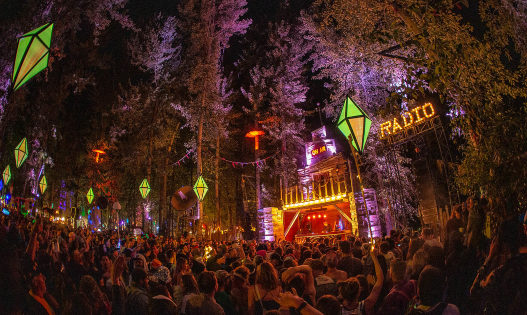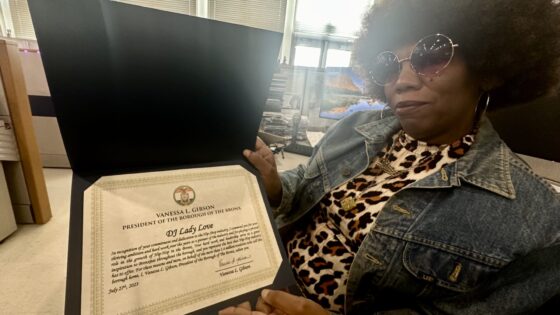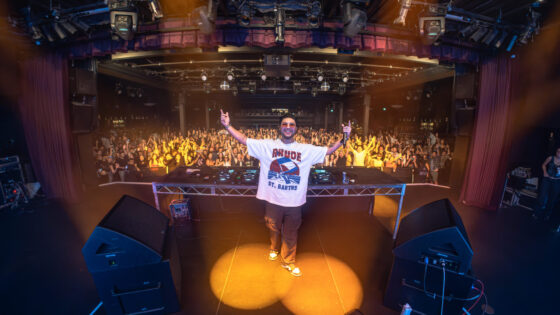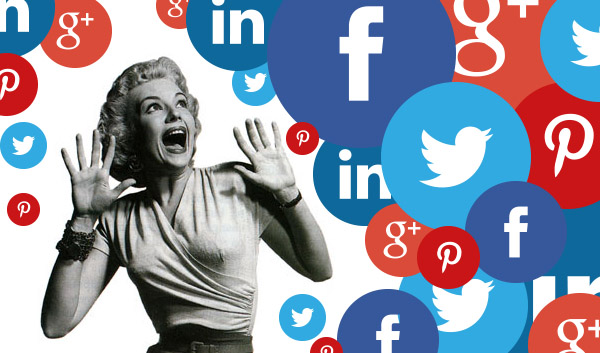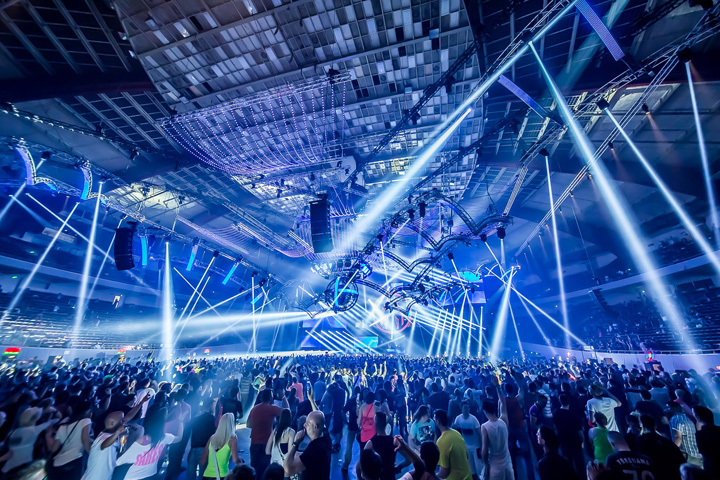Often times, it seems that the corporate world and the raving world are at odds with one another. In many ways, that is true. The raver’s manifesto is one of Peace Love Unity Respect & Responsibility (PLURR). Not all of those are pillars on which the corporate world is based. But you need to get a job if you are going to be able to pay for all these damn festivals and shows. So we thought we would give you some insight into how to navigate this dichotomy.
The truth is, corporate ravers exist; they are CEOs, bankers, engineers, teachers, police, firemen, accountants, lawyers, & so on, making it so you really can go for that “real job” (in the status quo sense). The problem is that you have embraced a world that is often times stigmatized and ostracized as a counter/ drug culture, and it gives employers a leery sense of your value as an employee. There are a few things that will aide you during your job search and in this unknown territory.
First, clean up your social profile. After that basic first step, you can work on things like knowing when to talk about your extracurricular activities, what is legal, and how to balance your rave/work life. Whether you like it or not, employers will Google you and search your social media profiles. We ran an article earlier this year about not posting your molly face online, and that sentiment rings timelessly true. The last thing you want is a potential employer to see you with saucer sized eyes, barely dressed, gettin’ “lit” with your “fam.”
There are many faux-pas when it comes to posting online, but the most egregious of them is when you post your illegal activities. Even a picture of you smoking a joint (or what can be perceived as a joint), regardless of the fact it is legal in some states, is just plain a bad look. So if you’re about to apply for a job, go through your profile and clean up all those hilarious, yet incendiary posts you have. You could also create an online avatar for your professional life, so long as your real profile is held at the utmost discretion.
So you have your social media presence cleaned up and you’re heading out for interviews. Unless you have worked in the music industry, or more specifically in the rave industry, your music preferences won’t be brought up. Only you can offer that information if you want to.
Honestly, because of the unfortunate stigma associated with the rave scene, it is probably best to avoid the conversation. A lot of people who aren’t in the scene only see it as a harbor for illicit activities.
Or you can fully embrace it. You can bring up the strengths of being a raver. Ravers are notoriously loving and open, so you could say that this culture has taught you to work well with others. Organizing a festival trip is a seriously labor-intensive act. You could explain that you are a team player, well-organized, and are excellent at maintaining group projects and completing them on time. These are just a few examples, but realistically, there are many strengths that employers seek in potential employees that ravers are extremely good at doing. It’s all in how you spin it.
Under federal law, an employer cannot make a determination of hiring someone based on their sex, creed, national origin, sexuality, disability, or race. This is covered by a few different, yet equally important, pieces of legislation. And thankfully, we have not been able to find a case so far in which a potential employee has been denied employment based on their music preferences.
It is important to note another cultural taboo that has determined a lot of peoples’ employment futures: Tattoos. Tattoos are gaining respect culturally, but there are corporations that will deny employment if you have visible tattoos. For us, we love them, but the corporate world views them as a counterculture for people who are not willing to conform to the ideals of the corporate world (same goes with non-traditional piercings).
Although there has been a shift in acceptance of tattoos and piercings in the work place, laws tend to “support employer dress code/appearance policies in general, and employers retain some flexibility in creating rules that require employees to present themselves in a way that is consistent with the employer’s image,” according to allbusiness.com. So if we use tattoos and piercings analogously, we could see a shift in acceptance of rave culture in the work place as well.
Finally, and just as importantly, you will have to play a balancing act with your rave life and your professional life. If you are able to meet deadlines, perform well, show up on time, and be an excellent employee, you really don’t have to worry about being a raver. You may have to figure out how to prevent letting those long nights out start from effecting your performance though. Still, don’t let that be a counterpoint to making rave culture accepted in the work place! Once an employer is burned by a raver, they will be less likely (or at least weary) to hire another one in the future.
So it really depends on you to behave in a manner that will elevate dance music in the corporate world. We think there’s a place for both … do you?
Important things happen in Pacific Northwest nightlife, and DMNW will send you alerts!






